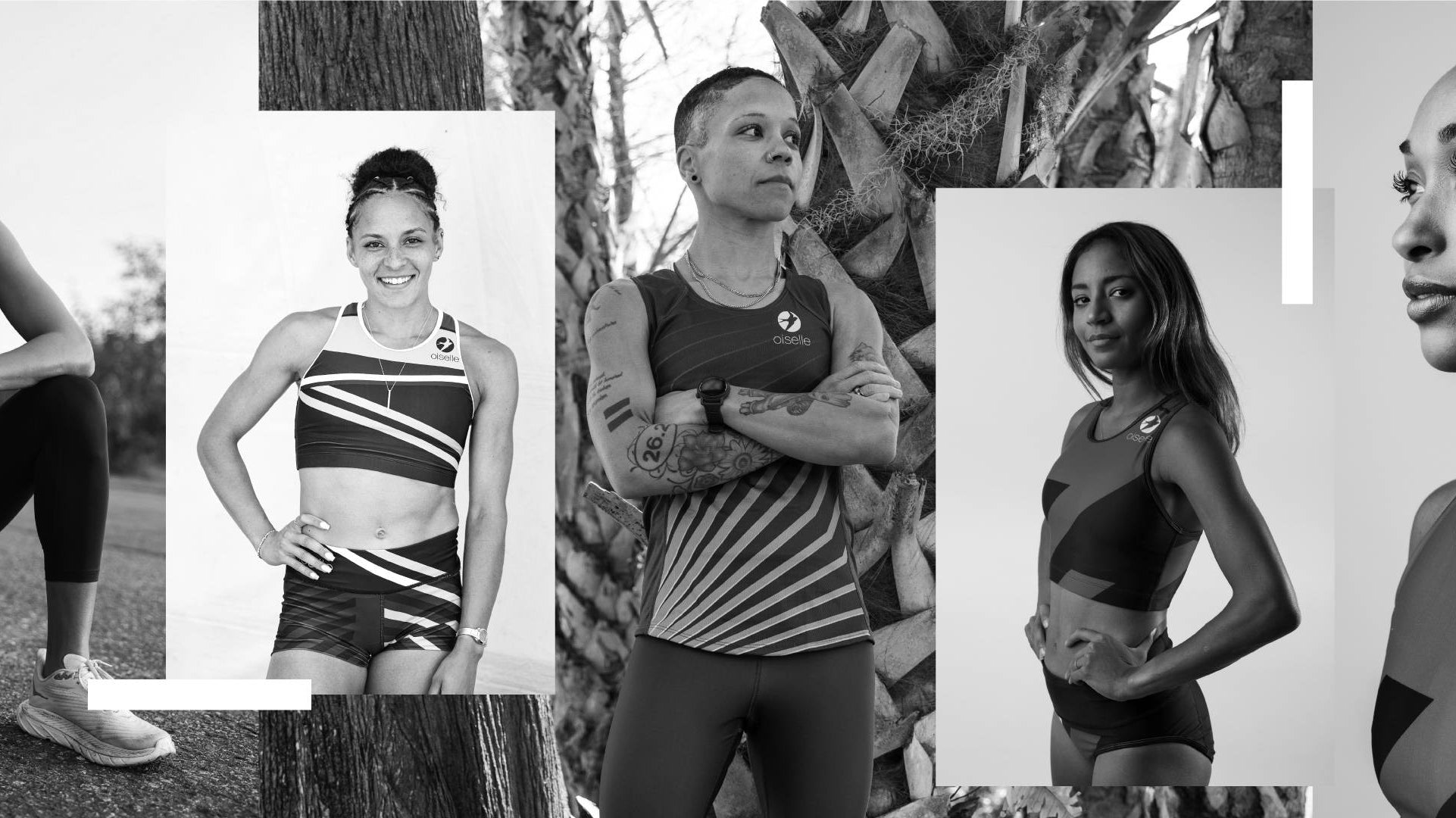
I’ve got pretty varied taste in movies. Some of my favorites: Terms of Endearment, Sling Blade, District 9, Day After Tomorrow, Moonlight, and most recently Call Me by Your Name and Black Panther. I think what I connect with is the portrayal of an essential element of human truth…which isn’t always written into a script, or even if it is, isn’t always portrayed effectively by actors. A lot of movies try, but fall flat. But when it works, it works, even when the movie seems lightweight or hokey. So bear with me. Crazy, Stupid, Love can teach us all some lessons.

When Steph Willett and I traveled to Richmond last November for the Richmond marathon, I was a little down: in a boot after PRP to my achilles, which had prevented me from running since July ’17. I was of course excited to travel and hang with my team (I really needed it)…and I also needed something to keep me from moping. In hotel movies are the best!
When we flipped on the TV and I saw Crazy, Stupid, Love was just starting, I squealed with excitement. I think Steph gave me a bemused raise of the eyebrows, “you’re really into this movie, eh?” [I just made up the “eh” part – Canadian jokes.] I hunkered down for every word of the movie, commenting and laughing…and yep crying. I know, it’s ridiculous. And then after the movie I felt So. Much. Better. Lightened, yes, but also hopeful. In a true, deep way, hopeful for the capacity of true change. Remarkably better.
I don’t want to give away the whole plot (because you’re certainly going to watch this movie immediately haha), but I’m going to try to explain the essence. One of the characters has lived his whole life a certain way, he’s “that type” of person. In the way that we tend to characterize people as “being” a certain way. And then he changes, but the people in his life don’t believe he can change and still hate him. But then you (the watcher) realize that he actually has changed, and finally people in his life recognize it also.
They ALLOW him to change.
Whoa, that really resonated with me. How caught up are we in categorizing people, in using conflict to put people in a box? Arguments (online) and even in real life are used for defining how someone “is”, not for educating and allowing for change. What would happen if we used conflict to explain viewpoints, and then graciously allowed someone (or ourselves) to change? It sounds crazy and stupid, but I love how a fluff movie can open a window of hope.












